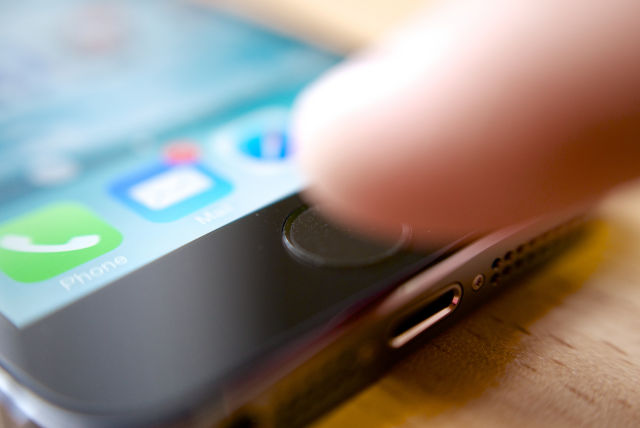
In the Friday letter, Apple attorney Marc Zwillinger says that ruling now is important, as the government plans to make similar requests of Apple in the future. Prosecutors have invoked the All Writs Act, an 18th-century federal law that simply allows courts to issue a writ (or order) that compels a person or company to do something. For some time now, prosecutors have turned to courts to try to force companies to help in situations where authorities are otherwise stymied.
As Zwillinger wrote:
Apple takes no position on whether and to what extent information from the Apple device in the government’s possession is relevant to any ongoing investigation, or necessary for the criminal defendant’s sentencing. But Apple has received additional requests similar to the one underlying the case before this Court. Apple has also been advised that the government intends to continue to invoke the All Writs Act in this and other districts in an attempt to require Apple to assist in bypassing the security of other Apple devices in the government’s possession.
You are invited
The case began back in October 2015, when Judge Orenstein invited Apple to tell the court why it felt that the government could not compel it to unlock a seized phone. At the time, bringing Apple into a case like this was new.
Nine days later, defendant Jun Feng pleaded guilty to one count of conspiracy to distribute and possess with intent to distribute methamphetamine. Judge Orenstein then asked the government why the issue of Apple's compliance was not moot given the guilty plea.
In their own letter, dated October 30, 2015, prosecutors said that the investigation was not over and that it still needed data from Feng's phone. As Robert Capers, a United States Attorney, wrote:
This matter is not moot because a federal court has issued a search warrant, based upon probable cause, authorizing law enforcement to seize evidence of narcotics offenses that is stored on the Target Phone, and that search warrant still cannot be executed without the relief sought in the pending application. Feng pleaded guilty to a narcotics conspiracy, and the government’s investigation into that conspiracy is ongoing.
If Feng's phone had iOS 8 or later installed—as 90 percent of iPhones do—this entire issue would likely be moot. Apple now enables full encryption by default, and the company specifically said the move happened "so it's not technically feasible for us to respond to government warrants for the extraction of this data from devices in their possession running iOS 8."
Judge Orenstein may ultimately side against the government, as he did in a related ruling earlier in October 2015. However, it is currently unknown when a final ruling will come down. Feng, meanwhile, is scheduled to be sentenced on April 19, 2016.
reader comments
112